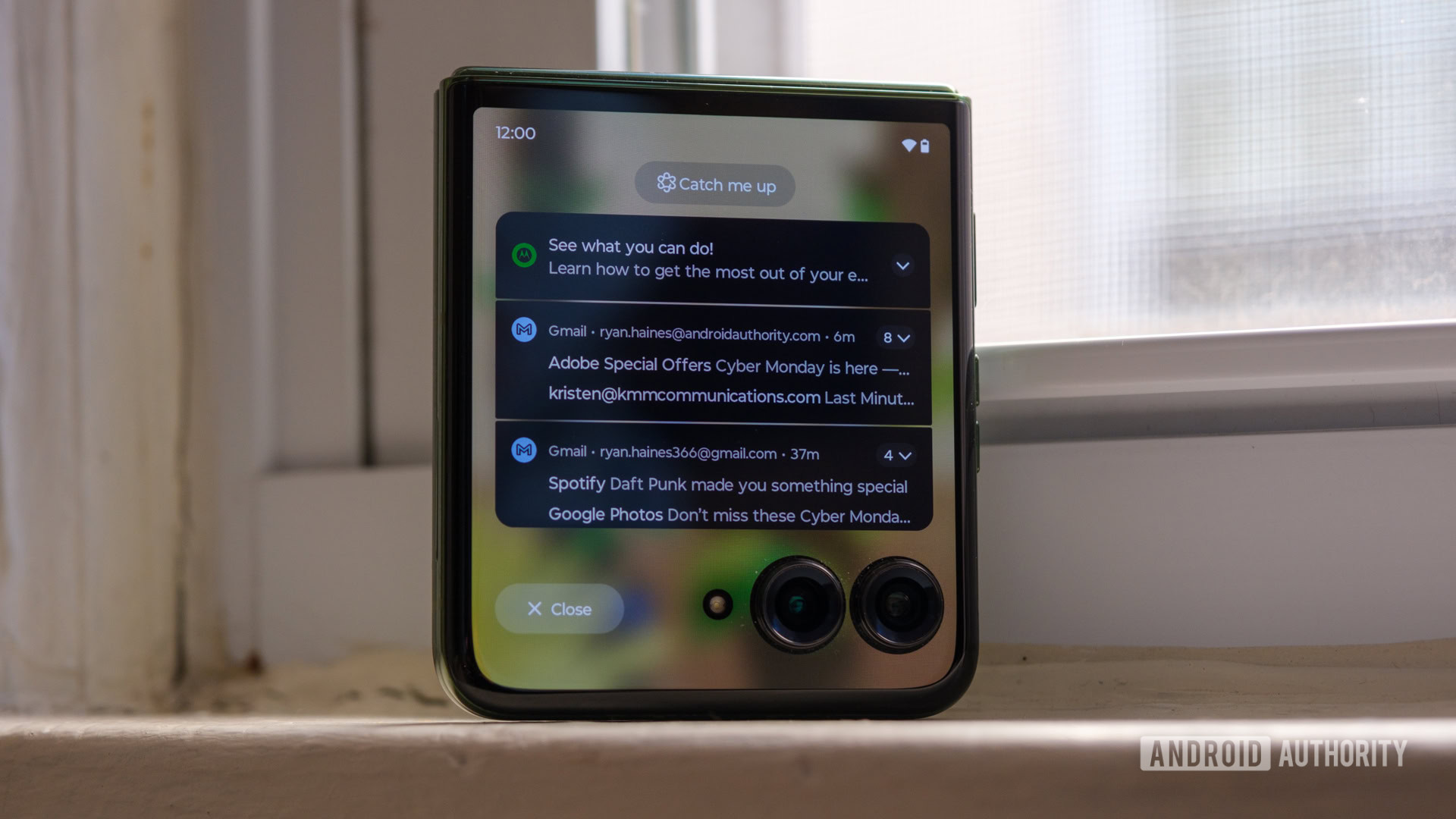TikTok received a frosty reception in its fight to save the platform at the Supreme Court, which during oral arguments Friday expressed sympathy with the government’s national security concerns about the platform’s ties to China.
The divest-or-ban law, which passed Congress with wide bipartisan majorities and was signed by President Biden in April, requires TikTok to face a ban in the U.S. beginning Jan. 19 unless it divests from its Chinese-based parent company, ByteDance. The Supreme Court could still step in before then.
Across roughly 2 1/2 hours of argument, the justices asked piercing questions about TikTok’s First Amendment defense, posing hypotheticals about Jeff Bezos’s The Washington Post, Elon Musk’s social platform X and even Politico’s foreign-based owner.
“Congress doesn’t care about what’s on TikTok,” Chief Justice John Roberts said. “They don’t care about the expression. That’s shown by the remedy. They’re not saying TikTok has to stop. They’re saying the Chinese have to stop controlling TikTok.”
“So, it’s not a direct burden on the expression at all,” he continued.
TikTok, which has more than 170 million U.S. users, has said divestment is practically impossible and the platform would “go dark” in just days.
“These are the kind of things our enemies do. It is not what we do in this country,” said Jeffrey Fisher, an attorney representing the creators challenging the ban.
At the center of the case is whether the government’s national security interest can supersede the free speech concerns raised by TikTok and a group of creators that challenged the law as violating the First Amendment.
The Justice Department has raised alarm that the Chinese government could obtain access to U.S. users’ data or covertly manipulate the TikTok content algorithm.
“Just on the data collection, that seems like a huge concern for the future of the country,” said Justice Brett Kavanaugh.
He suggested TikTok’s vast trove of information on Americans could be used “to develop spies, to turn people, to blackmail people, people who a generation from now will be working in the FBI or the CIA or in the State Department.”
Several justices during the argument appeared skeptical of the government’s assertion that the law isn’t subject to the First Amendment in the first place because TikTok has a foreign-based parent company.
It left the court grappling for most of the argument with what level of constitutional scrutiny the law should be applied.
TikTok contends the law regulates based on content and must survive “strict scrutiny,” the toughest tier, which would require the government to show the law is narrowly tailored to achieve a compelling governmental interest.
Justice Neil Gorsuch appeared most sympathetic toward that point, saying at one point “it’s kind of hard to avoid the word content” when analyzing the law.
At most, the government told the justices that the law is subject to a lower standard, called “intermediate scrutiny,” insisting the law doesn’t discriminate based on content and instead regulates foreign control.
“This law was passed by broad bipartisan majorities in both houses of Congress, and our legislators don’t always agree on everything,” said U.S. Solicitor General Elizabeth Prelogar. “I think it’s unlikely that all of them had exactly the same views about what’s good content on TikTok or what are good viewpoints. They weren’t united on that.”
“What they were united around was the idea that it is a grave threat to our nation if the PRC can itself behind the scenes, be controlling how this platform operates,” Prelogar added.
Friday is expected to be Prelogar’s final Supreme Court argument as solicitor general as the Biden administration comes to a close. Prelogar has argued more than 25 cases in the role, the lead government attorney at the Supreme Court.
The Supreme Court took up TikTok’s case last month on an expedited schedule after the U.S. Court of Appeals for the D.C. Circuit upheld the law.
The appeals court declined to decide which level of scrutiny applied to the law but nonetheless ruled that it satisfied strict scrutiny, finding the government’s national security concerns justified the “significant” impacts of banning TikTok.
Though the Biden administration remains in the role of defending the law, President-elect Trump loomed large at the oral argument. Trump is not a party in the case but urged the justices to delay the Jan. 19 deadline so he can get into office and “negotiate a resolution to save the platform.”
TikTok’s attorney kept bringing up Trump’s desire, saying that granting a temporary pause would give everyone more breathing room to work through the weighty issue of TikTok’s future.
Despite attempting to ban TikTok during his first term, Trump has become a crucial supporter of the app. During his campaign, Trump opposed the potential ban and vowed to “save TikTok.”
TikTok’s challenge is backed at the court by First Amendment and internet advocacy groups, social and racial justice organizations as well as a trio of lawmakers who have voiced concerns about the law: Sens. Ed Markey (D-Mass.) and Rand Paul (R-Ky.) and Rep. Ro Khanna (D-Calif.).
The new law is backed by 22 Republican-led states, Sen. Mitch McConnell (R-Ky.), the House Select Committee on China’s Communist Party, former Federal Communications Commission Chair Ajit Pai, former Vice President Mike Pence’s political advocacy group and two former U.S. attorneys general.
If the Supreme Court allows the law to go into effect, TikTok will be barred from U.S. app stores and networks. Lawmakers have told Apple and Google, popular app store providers, to prepare to comply with the law on Jan. 19.
Once in effect, current U.S. users will still be able to access TikTok, although the app is expected to eventually become unusable due to a lack of updates.
Noel Francisco, a former solicitor general representing TikTok, told the justices the platform would effectively “go dark” and the ban is “at war with the First Amendment.”
“Suppose that China used its leverage over Jeff Bezos, his international empire, including his Chinese businesses, to force what the Washington Post to write whatever China wanted on the front page of the Post,” Francisco said.
“Surely the government couldn’t come in and say, Jeff Bezos, you need to either sell the Washington Post or shut it down,” he continued.
Updated at 2:23 p.m. ET.









